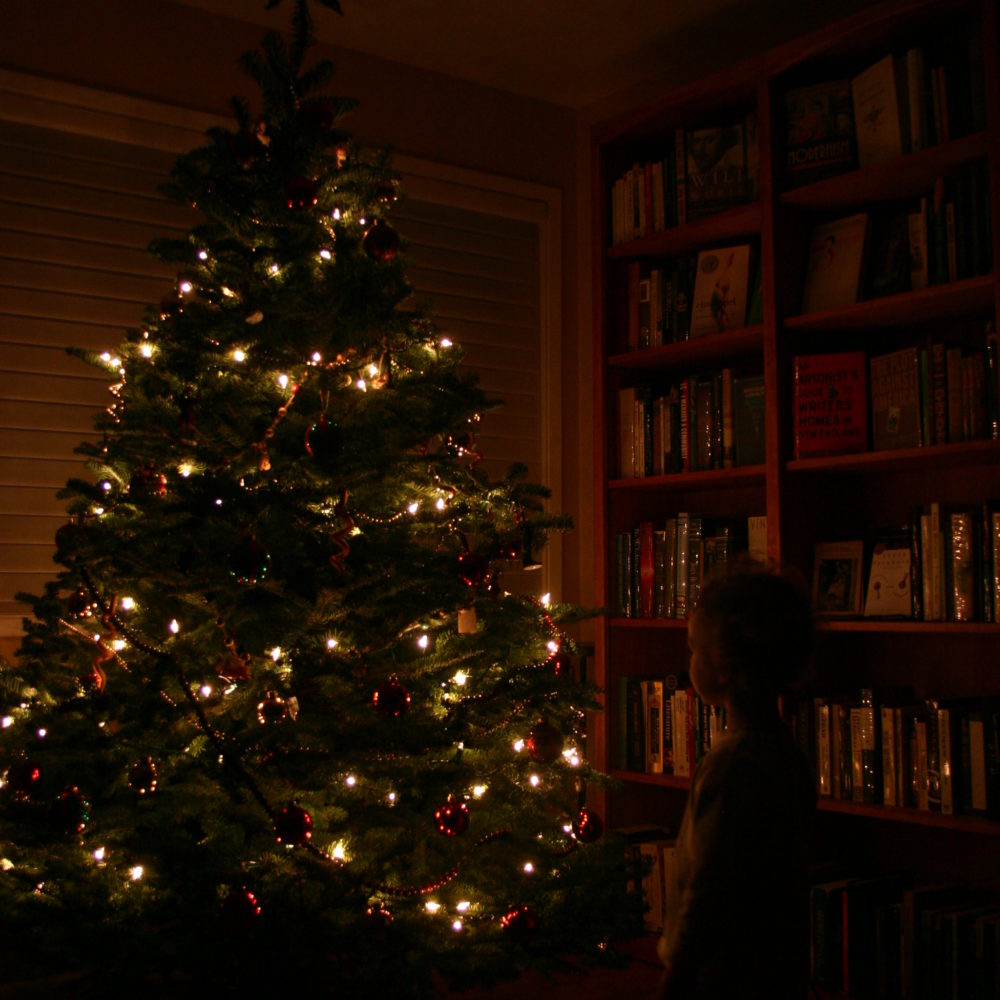The holiday season is here! Honestly, I’m excited. Having a four-year-old helps make this time of the year fun and wonder-filled.
We used to buy and ship a lot of stuff around the country, and it was incredibly expensive and stressful. So for the past few years, we’ve been on a mission to make our celebrations joyful, memorable . . . and slow. We’ve established a few traditions, like tree decorating, cookie making, and a solstice celebration. But we try not to get too frenzied with making, baking, or gift giving. We leave lots of time for taking walks, reading aloud, telling stories, and just being together.
I’m excited about the handmade gifts we have planned for our close friends and family members, but I can’t say very much about that here, at least until after the big day. So I thought I’d offer you a roundup of some helpful resources for making this holiday season simpler, greener, and more meaningful:
Ideas for do-it-yourself recycled gift bags, green gift bows, meaningful gifts, and plenty of food for thought on focusing more on people than things this holiday season.
A fantastic list of resources for making the holidays simple and stress-free. Also worth checking out: 35 Gifts Your Children Will Never Forget.
A beautiful natural advent calendar and simple gift-giving strategy.
Twenty-eight ideas for clutter-free gifts, including gift certificates, cooking or yoga lessons, and homemade edibles.
And finally, here’s a roundup of my past posts about simple, natural, and slow ways to celebrate this time of the year:
- 10 Ways to Take Back the Holidays
- 5 Tension Tamers for Your Holiday Gathering
- Celebrate the First Day of Winter
- 6 Fun Ways to Spend a Cold, Dark Night
As a gift to myself and my family, I’m embracing slow blogging this holiday season, so you may notice fewer posts than usual.
Are you planning a slow, simple holiday celebration this year? I’d love to hear about it.






